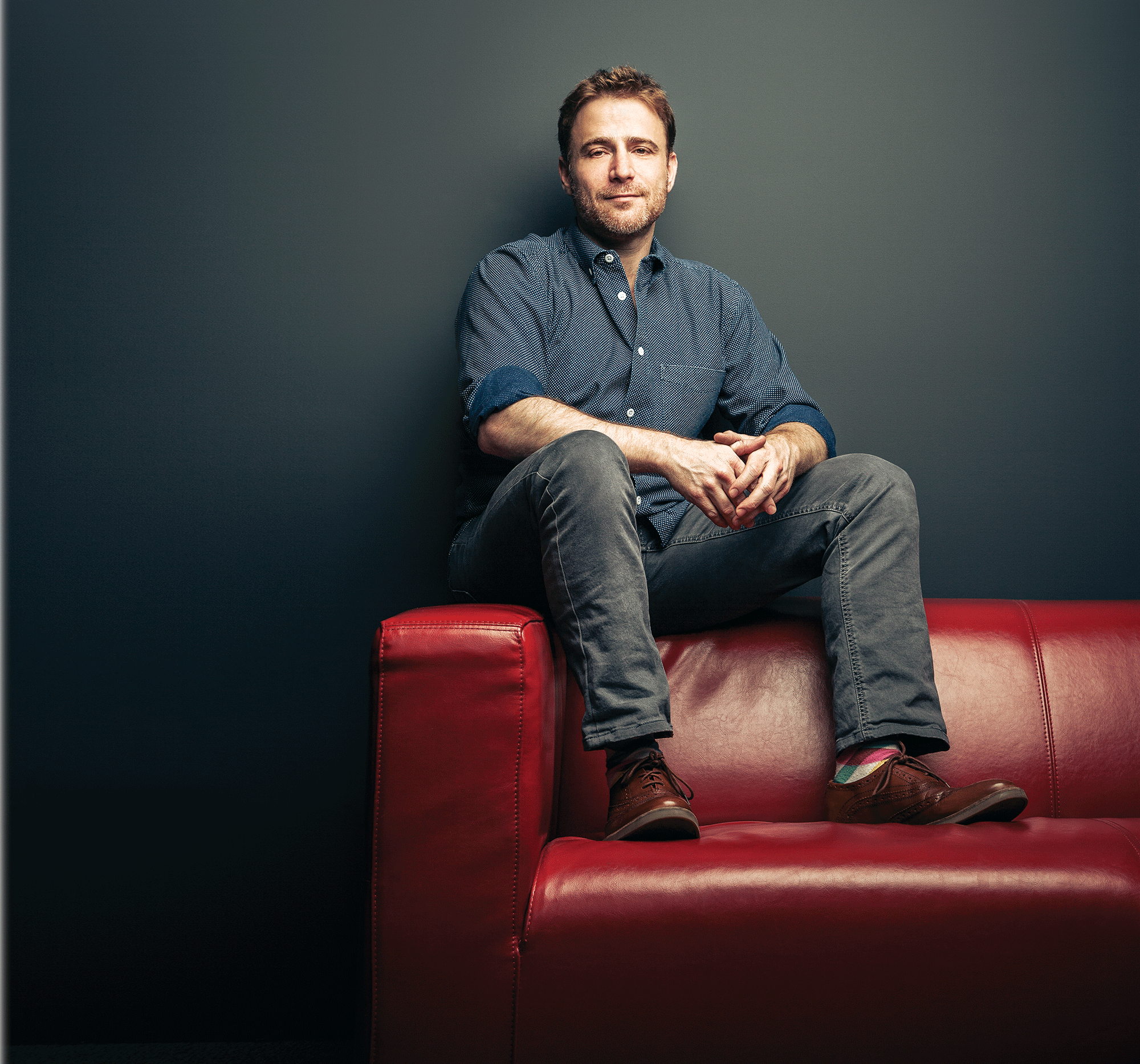

As useful as it once was, email has become a hodgepodge of unorganized conversations. Add to that other tools–Twitter, Google Hangouts–that crowd our screens. Slack, an app that’s conquering cubicles worldwide, stacks nearly all of your communications in one place. You can share files, direct-message, and search a project’s entire history. So where is all of this communication headed? We asked Slack’s co-founder, Stewart Butterfield.
Popular Science: Is email on its deathbed?
Stewart Butterfield: Email isn’t going anywhere, but it’s the lowest common denominator of communication. For one, every message is treated equally: family, work, friends, bank statements, and newsletters. They’re hard to sort through. You also have this very tiny window into a conversation. With Slack, you can view a whole conversation thread—even before you joined it. That means that there’s a huge increase in transparency.
So are you trying to kill other communication apps?
No. The company’s mission is to make people’s working lives simpler and more productive. One way you can do that is to reduce the overhead of constantly switching between programs. There is now one place where they all come together. So it’s not that we want to eliminate people’s use of those services–we don’t. We want to make it easier for them to use those services. And one of the ways we make it easier is by having everything come together in Slack.
Don’t people resent this constant connection to work?
It’s definitely something we think about quite a bit. Recently a European tweeted, saying Slack is exporting the worst aspects of American culture, where people work all the time. But he was really asking for a feature to make it easier for people to manage their time better, and that’s something we’re working on.
How so?
For example, we are working on a “do not disturb” mode that kicks in by default and adjusts to your time zone. If someone sends you a message during that time, they’ll be told that you’re in do-not-disturb mode. If it’s urgent, they can override it. We’re trying to build in tools that default to respecting people’s time. People can concentrate when they want to. They can sleep their notifications for half an hour when they’re in the middle of thinking deeply about something or if they’re in a meeting.
What happens if you want to ignore someone indefinitely?
That’s kind of a social problem, that should be solved between employees. Although I think it is much easier to skip over someone’s message when you see it’s from them–to skip over it with your eyes–than to stop listening for 45 seconds while they speak it out loud. So it should be an improvement.
Why has messaging become the killer app for big companies?
Messaging is a fundamental social activity. If you’re not using an app to send a message, you’re uttering something with your mouth. And someone is listening with his ears. And when you stop talking, the message is over. It’s the same form of conversation that has been around since the dawn of language. It’s what two or more human beings do with one another. If you’re having any kind of interaction, it’s really just messaging.
This article was originally published in the July 2015 issue of Popular Science, under the title “Stewart Butterfield Wants To Kill The Watercooler.”
